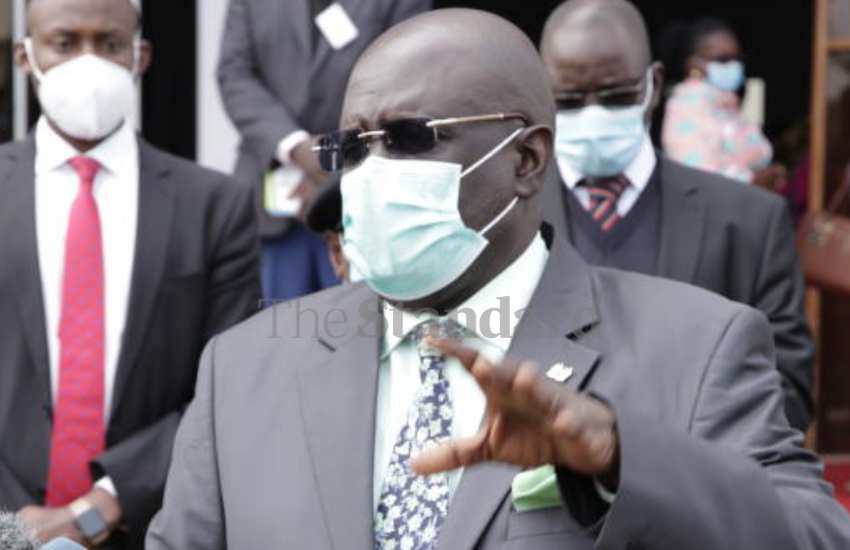×
The Standard e-Paper
Stay Informed, Even Offline

Training of a fresh breed of diploma teachers is set to start after the government completed the selection process.
Under the new tuition regime, diploma will be the minimum training level for all primary school teachers as the government rolls out plans for quality teaching and learning.